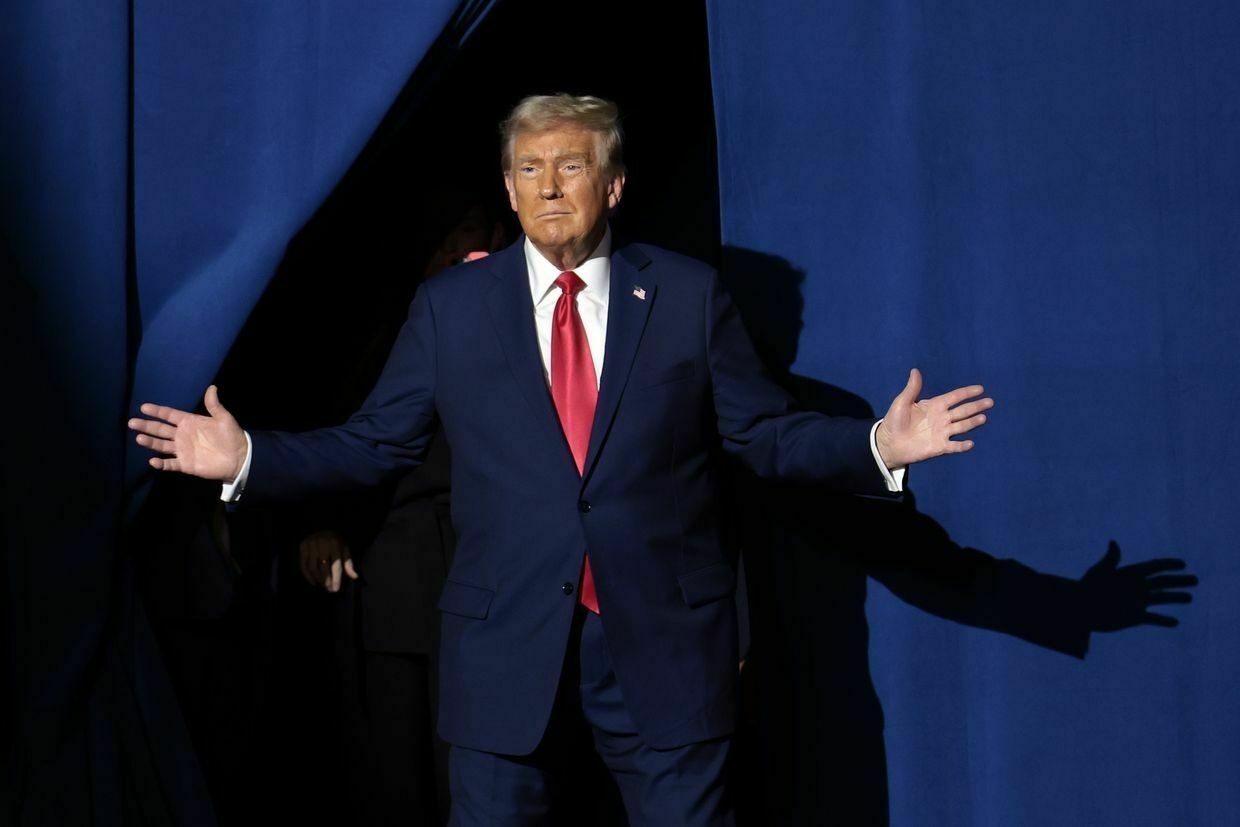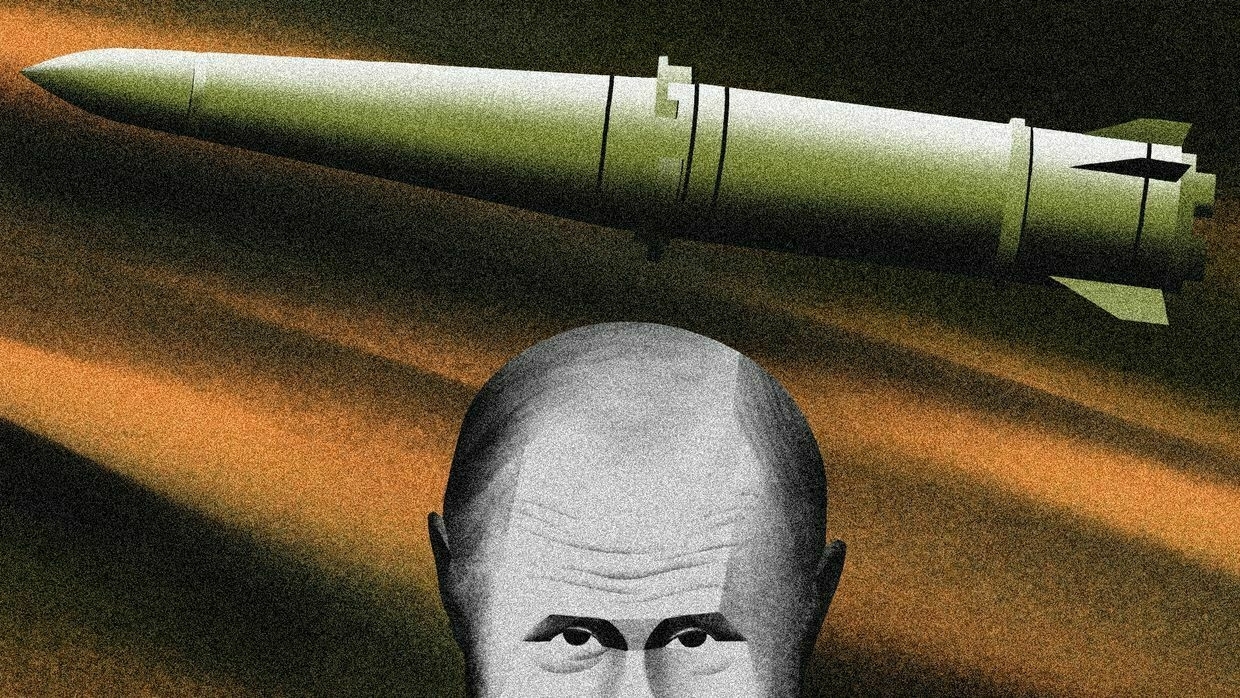
President Donald Trump refused to give a clear commitment to NATO’s Article 5 — the alliance’s collective defense clause — as he departed for a pivotal summit in The Hague, raising fresh concerns about his stance on one of NATO’s core principles.
When pressed by reporters aboard Air Force One on whether he would uphold the mutual defense obligation, Trump replied, “It depends on your definition of Article 5,” adding, “There’s numerous definitions of Article 5. You know that, right? But I’m committed to being their friends, you know, I’ve become friends with many of those leaders, and I’m committed to helping them."
Although Article 5 is central to NATO’s security framework, Trump has previously expressed skepticism about honoring it, often criticizing member states for not contributing enough to shared defense efforts.
Asked to elaborate, he said, “I’m committed to saving lives. I care about life and safety.” He added that he would explain his position in full once at the summit: “I’ll give you an exact definition when I get there — I just don’t want to do it from the back of a plane."
Trump’s remarks come as NATO faces what its leadership describes as its most significant threat in decades.
At a press briefing on June 23, NATO Secretary General Mark Rutte said Russia remains the primary danger to the alliance, citing its growing alignment with China, North Korea, Iran, and Belarus.
“Moscow continues to wage war against Ukraine, with support of North Korea, Iran, and China, as well as Belarus,” Rutte said.
He added that NATO leaders plan to adopt a “historic” defense investment plan at the June 24–25 summit in The Hague, including a new 5% of GDP benchmark for defense spending and stronger backing for Ukraine.
“All leaders will take bold decisions to strengthen our collective defense, making NATO a stronger, fairer, and more lethal alliance,” Rutte said. “This is a leap that is ambitious, historic, and fundamental to securing our future.”
While at the summit, Trump is also set to meet President Volodymyr Zelensky, the White House confirmed on June 24.
Their last meeting was in April at Pope Francis' funeral, amid concerns over the U.S. role in peace talks between Kyiv and Moscow. Details of the June 25 meeting are still being finalized, but the talks are expected in the “early afternoon,” a source told AFP.
 The Kyiv IndependentAlisa Yurchenko
The Kyiv IndependentAlisa Yurchenko
